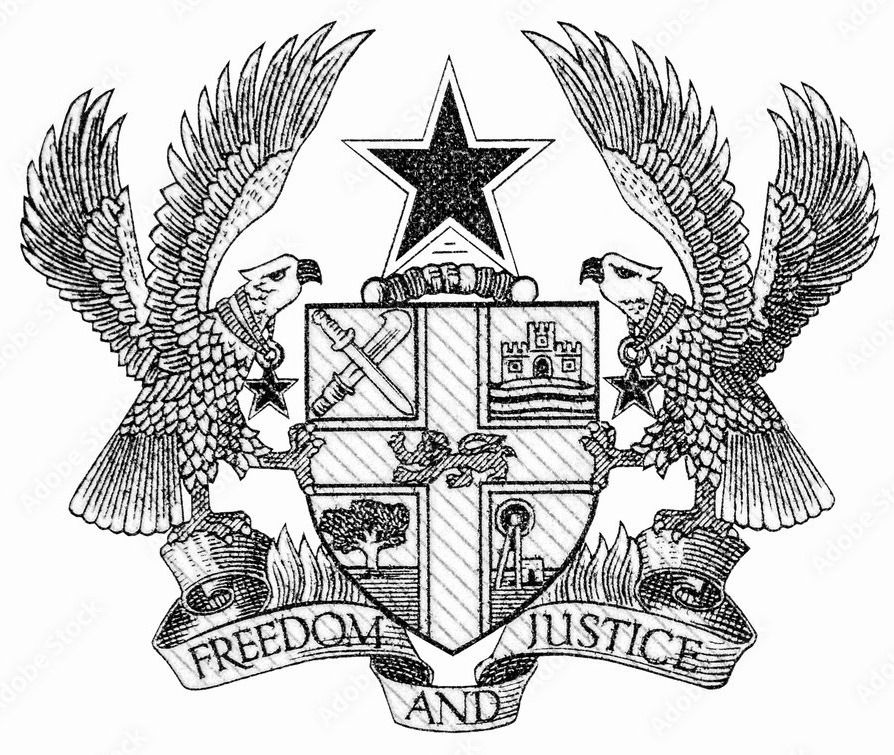Laws regulating Cannabis production and its use in Ghana

Since 1960, Ghana has criminalized the cultivation, possession, use and trafficking of cannabis and its products by passing the Pharmacy and Drugs Act 1961 (Act 64). This law has been in effect until Ghana replaced Act 64 with the Narcotic Drugs (Sanctions, Enforcement and Control) Act 1990 (PNDCL 236) to prescribe hasher punishment for cannabis related offenses. Act 64 was passed partially in fulfillment of Ghana's obligations under the 1961 Single Convention on Narcotic Drugs.

Following the promulgation of the 1988 United Nations (UN) Convention on Narcotic Drugs and Psychotropic Substances. PNDCL 236 prohibited the importation, exportation, possession, cultivation, manufacture, supply, use and administration of any narcotic drug without lawful authority. Under the First Schedule of PNDCL 236, cannabis includes cannabis resin and extracts and tinctures of cannabis. The PNDCL 236 also, sets up the Narcotics Control Board, a specialized agency, to enforce the provisions of PNDCL 236. Then, PNDCL 236 remained the regulatory regime for cannabis control in Ghana. In 2020 the parliament of Ghana passed Act 1019 to replace PNDCL 236 and thus, significantly changed the law relating to cultivation, possession and use of cannabis for medical and industrial purposes. Unless a person obtains permission from the Minister of Health, cannabis cultivation, possession and use remain criminalized in Ghana, whatever the purpose. This was the case even under PNDCL 236. In this regard, a person who without a license is found in possession of cannabis for use or for trafficking is liable on summary conviction to a fine of between 200 and 25,000 penalty units. In the alternative, such a person risks imprisonment of between 15 months and 25 years or to both the fine and imprisonment. Despite all these benefits derived from cannabis which informed the country's decision to legalize its cultivation, the Supreme Court of Ghana in the case of Ezuame Mannan v. Attorney General [2022] DLSC 11608 declared a section of Act 1091; Section 43 as unconstitutional and therefore null and void. In its judgment, the Supreme Court stated that Parliament did not have the power to insert into the Bill brought before it, Section 43 which was not part of the original Bill. The majority reasoned that because Section 43 of Act 1019 was unlawfully inserted into the Bill at the last minute by the Parliamentary Select Committee on Defense and Interior and not subjected to public fora and extensive debate by the Members of Parliament, the insertion was unconstitutional, null and void. On review, the Supreme Court affirmed its previous decision. However, the two decisions of the Supreme Court did not attack Section 43 in substance. It merely declared the procedure of its insertion unconstitutional. Subsequently therefore, the government through Parliament, repassed the said Section 43. This means that the only remaining hurdle for the full operationalization of Section 43 for Ghana to start reaping the economic benefits of the cannabis plant is the LI to be laid before Parliament and passed . Considering the urgency with which the said Section 43 was repassed, it is fair to say that the LI would be laid and passed in record time.
